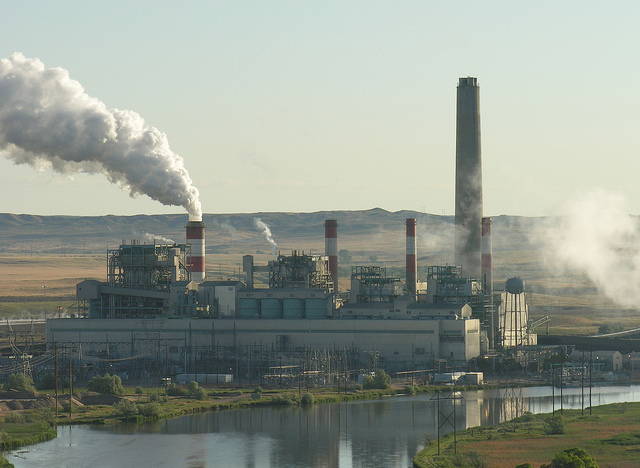
By David William Fischer
One of the most popular Rolling Stone magazine articles ever written was Bill McKibben’s August 2012 feature, "Global Warming's Terrifying New Math.” In it, McKibben quantified how much warming we can expect if we extract all of the world's known deposits of coal, oil and natural gas.
McKibben’s conclusion? Burning the world’s supply of fossil fuels will result in catastrophic increases in global temperature. Rising sea levels, species extinction, droughts, superstorms, heat waves, glacial melting; these are just some of the many consequences we’ll face. It seems obvious, therefore, that we need to “keep it in the ground.”
Some climate activists advocate the cap-and-trade approach to limiting emissions; others favor a carbon tax. Some champion subsidies for solar, wind, and other renewables; some argue that the subsidization approach has big flaws.
Regardless of what policies, laws and regulations we choose, the net result must be that most of the world's known carbon reserves must remain in Earth's crust. The effectiveness of any strategy for reducing carbon emissions will be measured, in 20/20 hindsight, by how well it served that goal: keeping "valuable" fossil fuels in the ground.
"Valuable" is, after all, an absolute misnomer when it comes to fossil fuel energy, because every bit we burn earns credit for the energy it provides civilization but also earns proportionate blame for global warming. When measuring the energy “value” of coal, oil and gas, we've always ignored the delayed adverse environmental impacts, especially the drastic increase in atmospheric carbon and the resultant climate change.
Right now, some very intelligent people, who regard it as highly civilized to do so, are working to estimate a price tag for the forthcoming damage as oceans invade coastal plains.
How much money is Earth worth? That's where civilization's path has led. We’re accounting the value of the planet because, in order to figure out how much we can damage it, we need a dollar value. Without putting things in financial terms, some people won't understand any of this, and certainly won't agree to anything.
While bankers and politicians may measure climate change in dollars, environmentalists measure it in carbon. The carbon we've already dug out of its sequestration deep in Earth's crust and burned in its air puts us way over any defendable carbon budget for civilization.
Of course, in full hindsight, the most sensible fossil fuels budget would have been zero, because every addition of carbon to the atmosphere will contribute to warming for centuries to millennia. But it's a bit late for that.
And, in the pursuit of lower-carbon energy options, U.S. energy policy has often erred. The backfired corn ethanol program and the fracking rush have led us astray, proving to be false "solutions" that, in the end, don't actually reduce our greenhouse gas impact. And, once in place, these things seem irremovable. Right now, the prospect for stopping fracking in our Pennsylvania neighbors looks bleak, and there seems no chance of removing the counter-productive ethanol mandate that serves only the industry it created.
We can't afford, it would seem, to make a lot more mistakes.
Recent agreements limiting future development of the Alberta tar sands, along with the nixing of the Keystone XL pipeline by the Obama administration, represent the direct approach: slowing or preventing the exploitation of a known fossil fuel resource, thereby sparing the atmosphere that carbon.
A pullback on Arctic oil drilling has delayed some of our nightmares, keeping carbon where nature put it over hundreds of millions of years; in the ground.
The administrative ban on high-volume fracking in New York State has effectively sequestered the methane gas in the Marcellus shale formation, at least for now.
As I write this on November 30, the first day of the climate talks in Paris, it seems impossible to know what to expect. Aside from the issue of agreement is the issue of future compliance, which some in Congress have said would essentially be ignored.
We should understand that, as the years roll on, if we want to see how well we humans are doing at restraining our climate influence, we'll be sure to look past any agreements. We'll look behind the pipelines, compressor stations and transport terminals to see whether we're "keeping it in the ground."